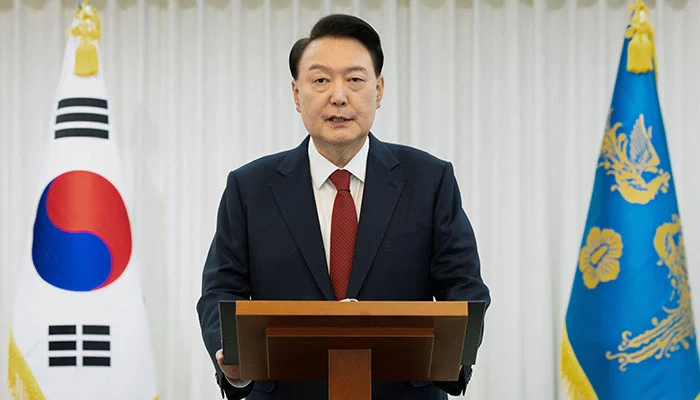Canada Global (Web News) South Korean investigators called off their attempt to arrest President Yoon Suk Yeol at his residence on Friday, citing safety concerns following a standoff with his security team.
The arrest, linked to Yoon’s failed December 3 martial law declaration, would make him the first sitting president in the country’s history to be detained. The warrant’s deadline expires Monday, leaving its execution uncertain.
Yoon, suspended by lawmakers, faces severe consequences, including imprisonment or the death penalty, over allegations of undermining the nation’s democracy. His martial law bid briefly revived fears of military rule in the vibrant East Asian democracy.
Despite repeated summons, Yoon has refused to cooperate with investigators and vowed earlier this week to “fight” any efforts to detain him.
The Corruption Investigation Office (CIO), which is leading the probe, reported that its team was blocked by Yoon’s Presidential Security Service during an attempt to execute the warrant. The standoff escalated into a confrontation involving soldiers, prompting the CIO to deem the situation unsafe and suspend the operation. Security forces continue to guard Yoon, treating him as the acting head of state despite his suspension.
Yoon’s legal team denounced the arrest attempt as illegitimate and vowed to take legal action against the CIO. They argued that the warrant itself was invalid and criticized the investigators’ efforts to enforce it. This resistance mirrors previous instances when Yoon’s security service blocked law enforcement from accessing the presidential office.
Meanwhile, prosecutors have charged two senior military officials, including one briefly named martial law commander, with insurrection over their roles in the failed bid. Both are already in custody.
Outside Yoon’s residence, heavy security remains, with police buses and officers lining the streets amid heightened tensions.


